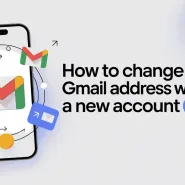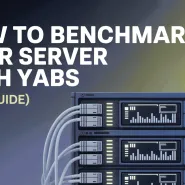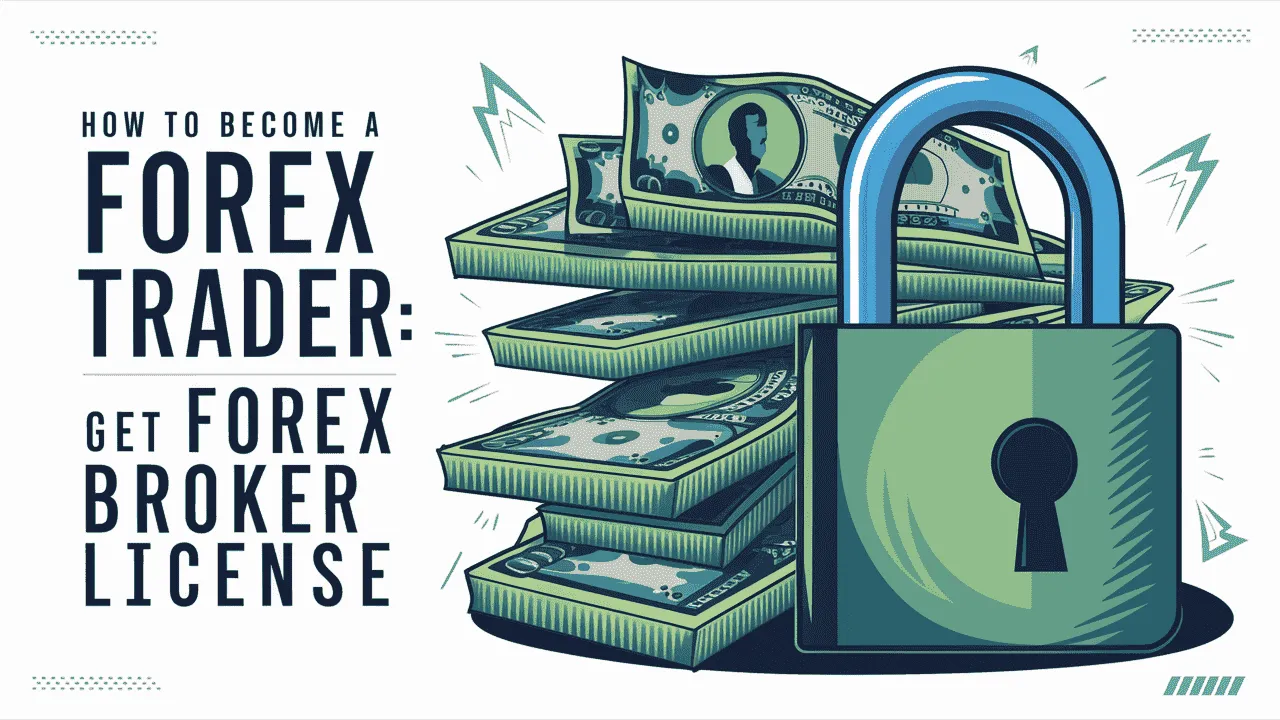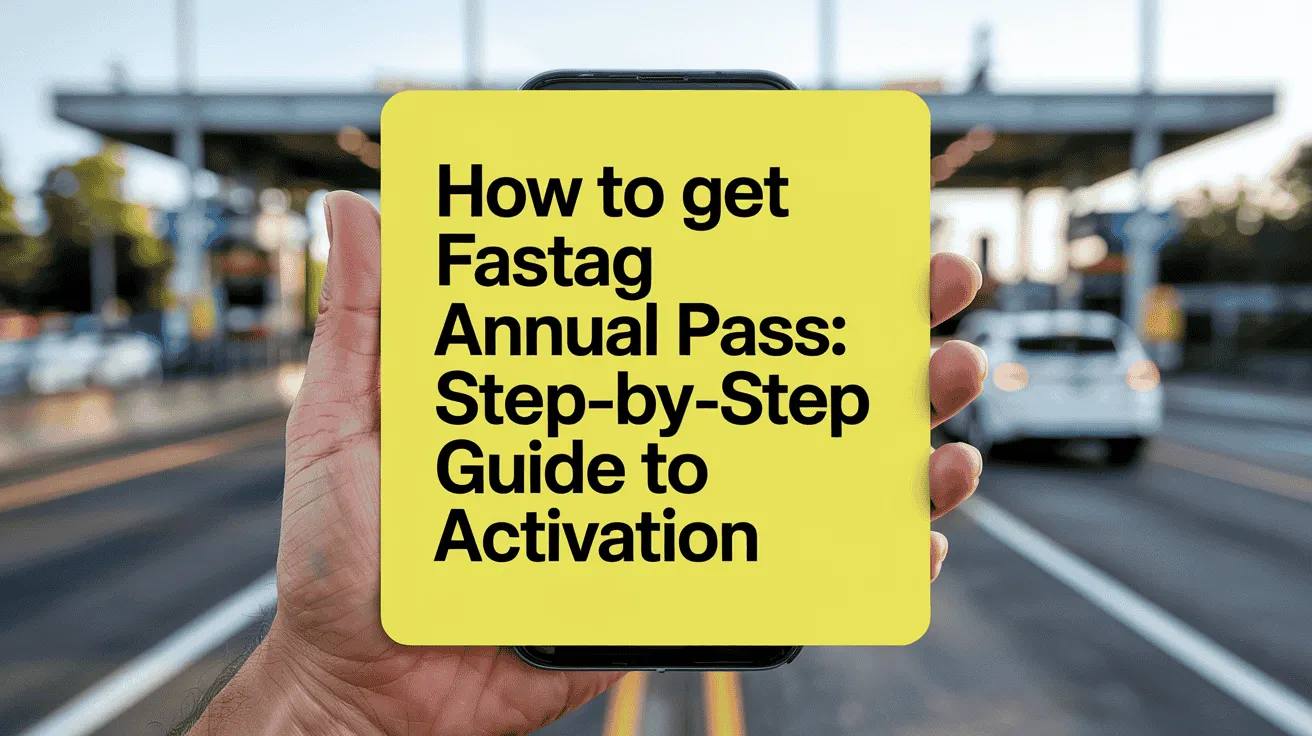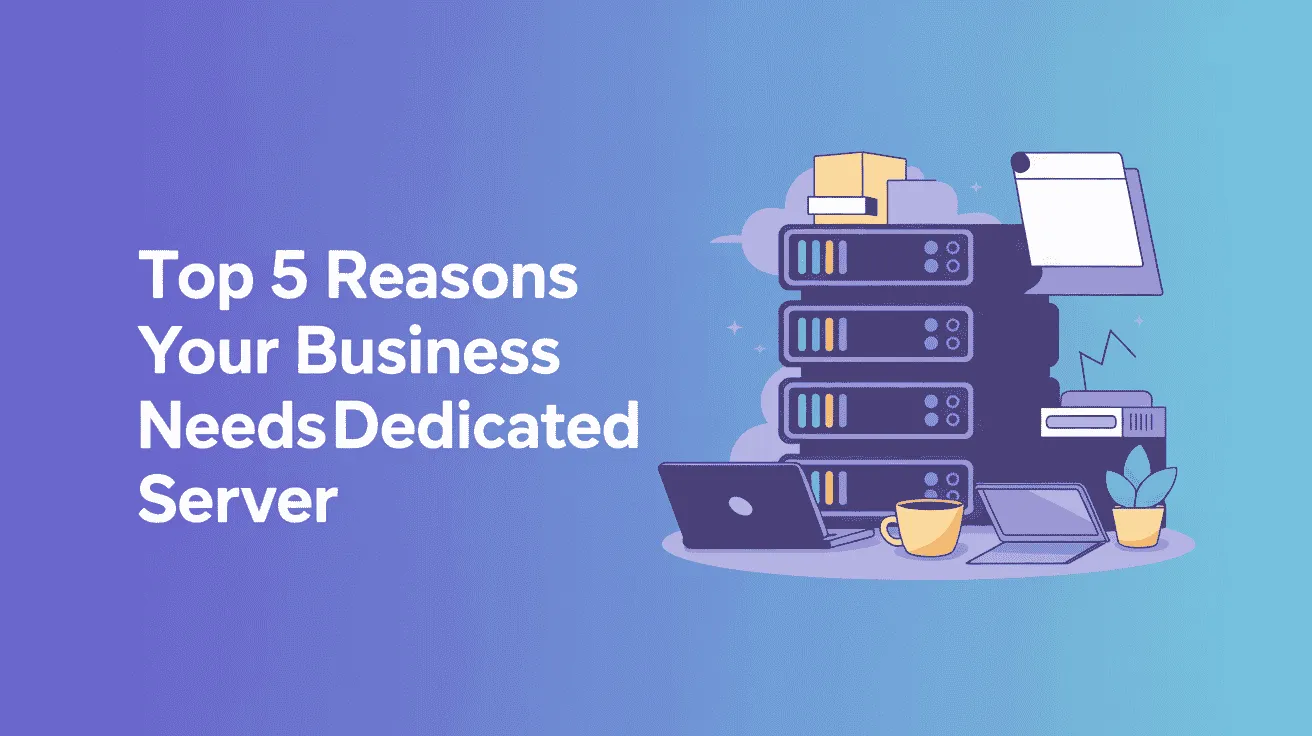In today’s fast-moving world of finance, more and more people want to become a Forex trader and earn money by trading currencies. The Forex market is exciting—it runs 24 hours a day (Monday to Friday), offers high liquidity, and gives traders plenty of chances to profit. But to succeed, you need the right knowledge and, most importantly, a forex broker license.
If you’re planning to become a Forex trader in 2025, it’s very important to understand how the Forex market works and how to get a forex broker license. This license is a must if you want to run your own Forex brokerage or trading business legally. It shows that you follow rules, protect clients, and operate in a trusted way.
This simple guide by Owrbit will help you at every step. We’ll explain the basics of Forex trading, and then guide you through the process of getting your forex broker license. Whether you’re new to Forex or already trading and want to expand, this information is important if you truly want to become a Forex trader.
There are many rules and requirements you’ll need to follow to get your forex broker license, depending on which country you choose to register in. You’ll also learn about different types of licenses, and which one is right for your business goals.
To become a Forex trader in 2025, it’s not just about trading skills. You need to build a strong foundation, understand compliance, and make smart decisions. With the right forex broker license, you’ll be able to trade confidently and legally.
If your dream is to become a Forex trader, now is the time to get started. With careful planning and the correct forex broker license, you can build a trusted and successful Forex trading business.
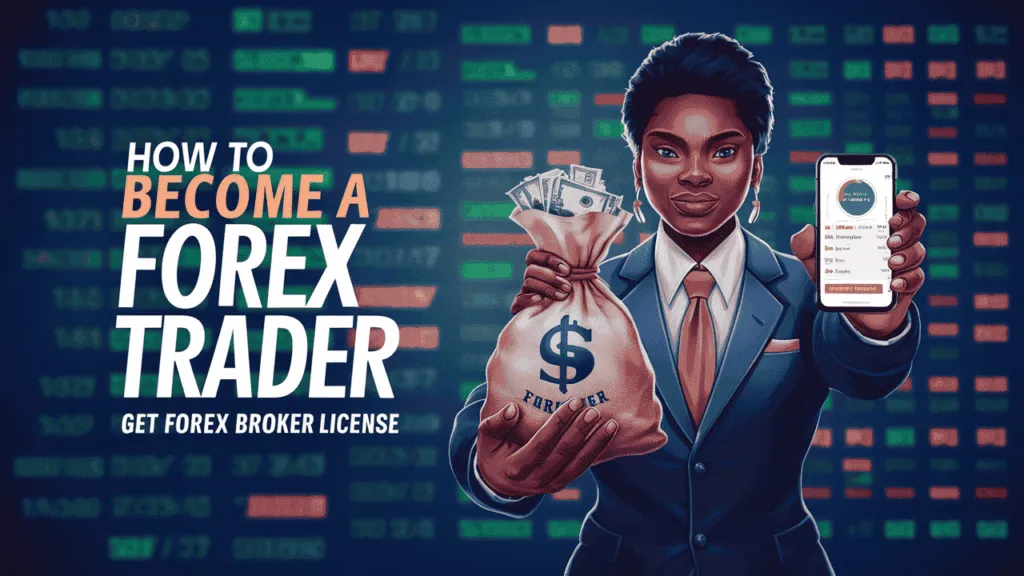
Introduction to Forex Trading :
Forex trading, also known as foreign exchange trading or currency trading, is the process of buying and selling currencies to make a profit. When you become a Forex trader, you’re basically trading one currency for another—like exchanging US Dollars for Euros—based on market trends and price movements.
The Forex market is the largest financial market in the world, with over $7 trillion traded every day. It operates 24 hours a day, five days a week, and allows traders from around the globe to participate anytime.
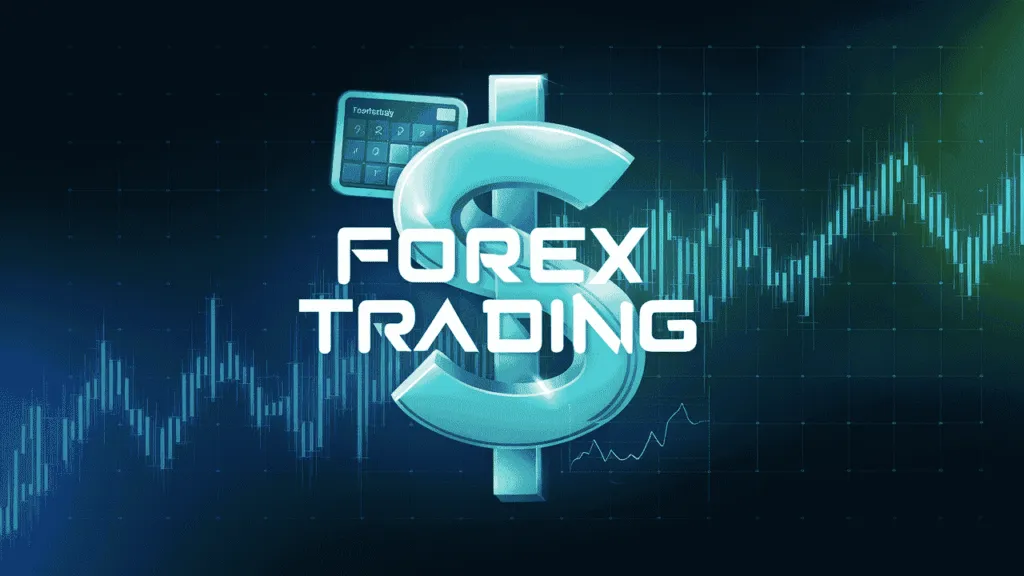
What makes Forex trading so popular is its high liquidity, flexibility, and the potential to earn profits even from small price changes. Whether the market is going up or down, there are always opportunities to make money if you know what you’re doing.
To become a Forex trader, you don’t need a huge investment to start. Many brokers offer demo accounts and low minimum deposits so beginners can learn and practice without much risk. However, having a good strategy, staying updated with global financial news, and managing your risks are all important if you want to succeed.
In short, Forex trading is not gambling—it’s a skill-based activity that requires learning, discipline, and the right tools. Once you understand how the market works, you can take steps to get a forex broker license and move toward building a legal and trusted trading business.
Overview of the Forex Market :
The Forex market, also called the foreign exchange market, is where people trade different currencies from around the world. It’s the largest and most active financial market, with more than $7 trillion being traded every single day. When you become a Forex trader, you’re joining a global market that never sleeps.
Unlike stock markets that open and close each day, the Forex market runs 24 hours a day, five days a week. It opens on Monday morning in Asia and closes on Friday night in New York. This makes it flexible—you can trade at any time that suits your schedule.
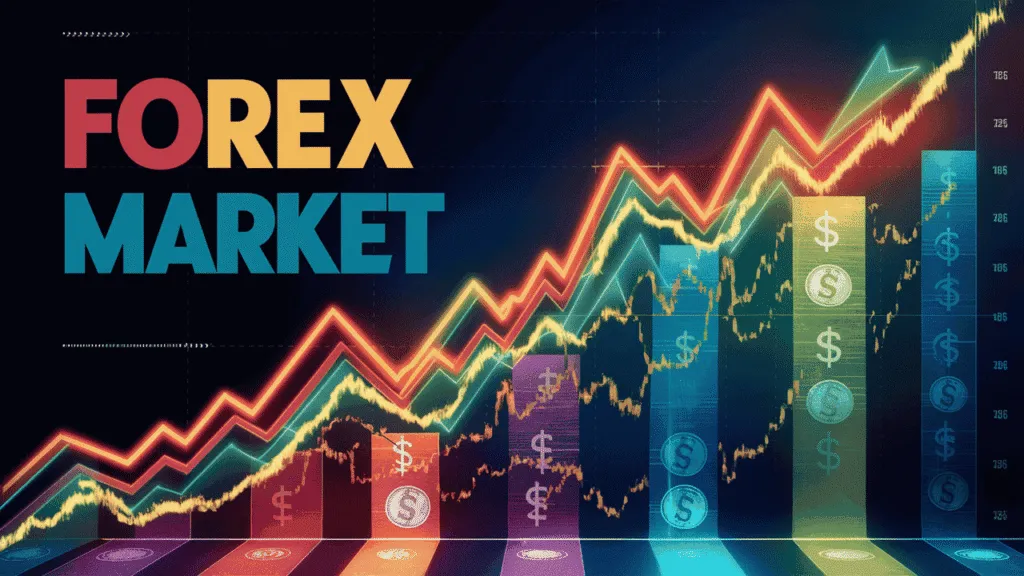
The Forex market is made up of three main types of participants:
- Retail traders – people like you who trade from home or through a broker
- Banks and financial institutions – they trade in large volumes
- Governments and central banks – they manage currency policies and interest rates
Currencies are always traded in pairs, like USD/EUR or GBP/JPY. One currency is being bought while the other is being sold. The prices constantly change based on global news, politics, economic data, and market demand.
To become a Forex trader, it’s important to understand how these currency pairs move and what factors affect their prices. You’ll also need a reliable broker—and if you plan to start your own trading business, getting a proper forex broker license is necessary.
The Forex market is open, fast-moving, and full of opportunities. But it also carries risks, so having the right tools, strategies, and legal setup—like a forex broker license—is key to long-term success.
The Importance of a Forex Broker License :
Before you start offering Forex trading services to others, it’s important to understand why getting a forex broker license is not just a formality—it’s a legal requirement and a major step toward building a trusted and successful business.
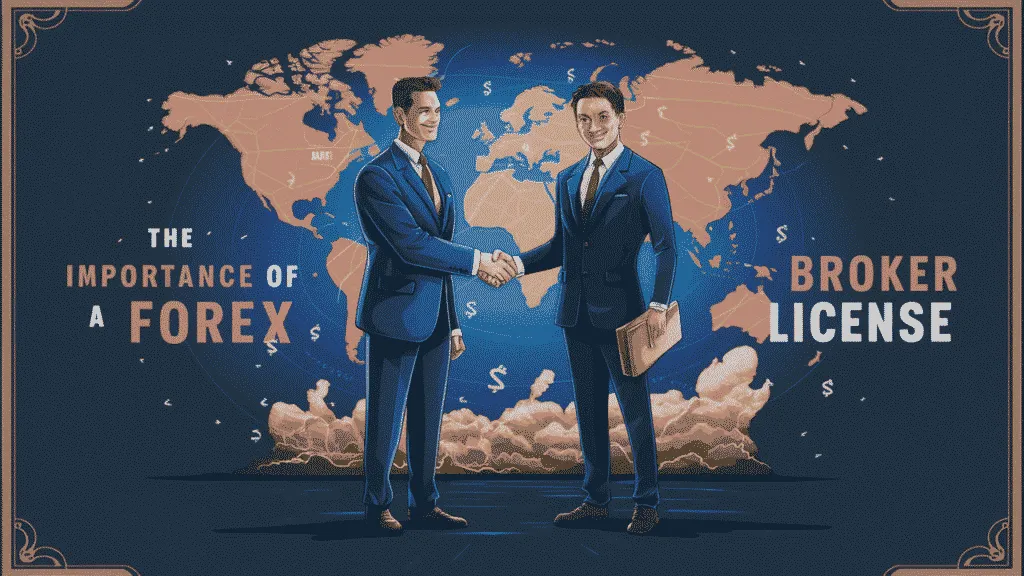
Why You Need a Forex Broker License :
If you’re planning to become a Forex trader and start your own brokerage or trading platform, getting a forex broker license is not just important—it’s necessary. This license gives you legal permission to offer Forex trading services to clients in your country or even internationally.
Without a forex broker license, your business won’t be seen as trustworthy or professional. In fact, operating without a license can get you into serious legal trouble. Many countries have strict rules for financial services, and trading without a license can result in heavy fines or a complete business ban.
A forex broker license also helps you gain the trust of traders and investors. Most people will only invest their money through a registered and licensed broker. It shows that your business follows financial regulations, offers security, and protects clients’ funds.
If you want to build a long-term, successful trading business, then getting a forex broker license is the first step. It allows you to:
- Open business bank accounts
- Use payment gateways legally
- Partner with financial institutions and liquidity providers
- Offer services in more countries
- Stay safe from legal risks
To sum it up: if you truly want to become a Forex trader and grow your own Forex business, a forex broker license is something you simply can’t ignore. It protects your business, builds trust, and helps you run things the right way.
Benefits of Being a Licensed Forex Broker :
Having a forex broker license gives you many benefits:
- Builds Trust – Traders and investors are more likely to work with you if you have a valid license. It shows that your business is legal and regulated.
- Access to Banking and Payment Services – Many banks and payment gateways only work with licensed brokers. Without a license, it’s very hard to set up reliable payment options.
- Global Reach – A licensed broker can expand into more countries and attract international clients. Some licenses even allow you to operate in multiple regions.
- Better Partnerships – With a forex broker license, you can easily partner with liquidity providers, software platforms, and other services that are needed to run a successful brokerage.
- Protection and Compliance – A license keeps your business safe by making sure you follow all legal and financial rules. This helps you avoid penalties and keeps your operations running smoothly.
- Increased Reputation – A licensed Forex brokerage looks more professional and gains more respect in the trading world.
In short, to become a Forex trader with serious goals, getting a forex broker license is the smart and legal way forward. It opens the door to more opportunities, builds trust, and gives your business a strong foundation.
Steps to Become a Forex Trader :
If you’re interested in trading currencies and earning from price movements, here’s how you can become a Forex trader step by step:
Checkout What is Dropshipping: Is it Really a Low-Cost Method to Start Business
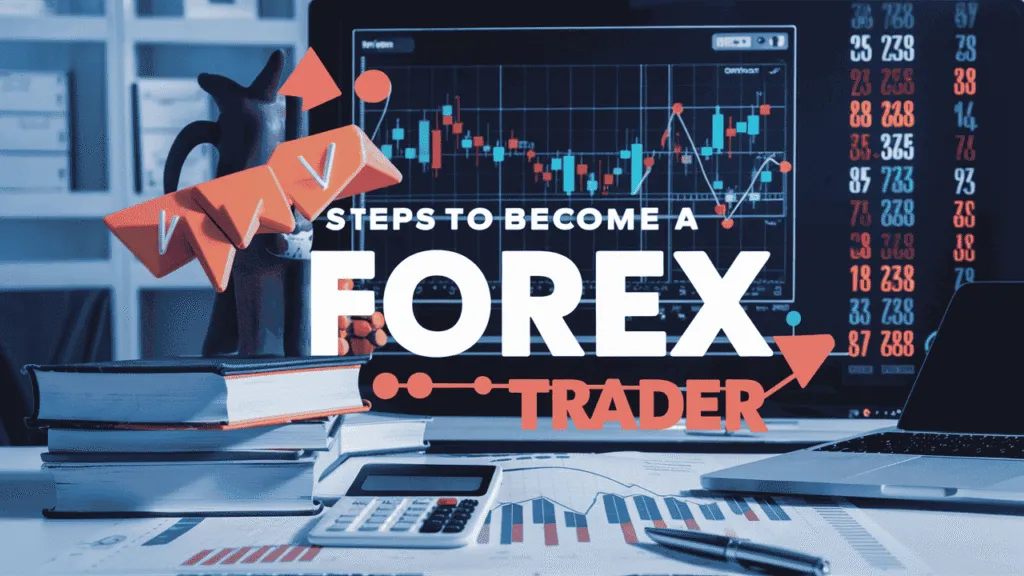
Step 1 : Learn the Basics of Forex Trading
Before you become a Forex trader, it’s important to understand what Forex trading is and how it works. Forex, or the foreign exchange market, is where people trade currencies—like buying US Dollars and selling Euros. The goal is to make a profit from small changes in currency prices.
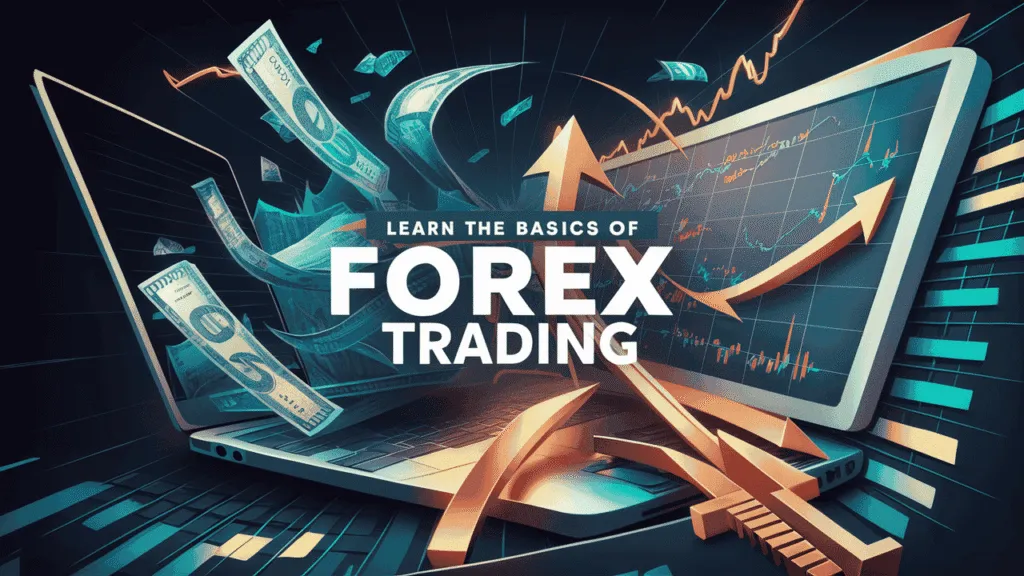
Here are some basic things you should know:
- Currency Pairs: In Forex, you always trade one currency against another. For example, in the pair USD/EUR, you’re buying US Dollars and selling Euros.
- Pips: A pip is a small unit that measures how much a currency moves. Profits and losses in Forex are usually measured in pips.
- Spreads: This is the difference between the buying (ask) price and the selling (bid) price. Brokers earn money from this difference.
- Leverage: Forex trading often allows you to trade with more money than you actually have. For example, with 1:100 leverage, you can trade $10,000 with just $100. But be careful—while leverage increases profits, it also increases risk.
- Lots: Trades are measured in “lots.” A standard lot is 100,000 units of the base currency, but you can also trade smaller sizes like mini or micro lots.
- Market Hours: The Forex market is open 24 hours a day, five days a week, making it flexible for traders in any time zone.
To become a Forex trader, you don’t need a financial degree—but you do need to study. You can find free resources online such as blogs, video tutorials, courses, and trading forums. Many brokers also offer free learning tools and demo accounts to help beginners practice.
Learning the basics is the first and most important step. Once you understand how Forex trading works, you’ll be ready to move forward and start practicing with a demo account.
Step 2 : Choose a Reliable Forex Broker
Once you understand how Forex trading works, the next step to become a Forex trader is choosing a reliable Forex broker. A broker gives you access to the market through a trading platform, where you can buy and sell currencies.
Here’s what to look for when picking a Forex broker:
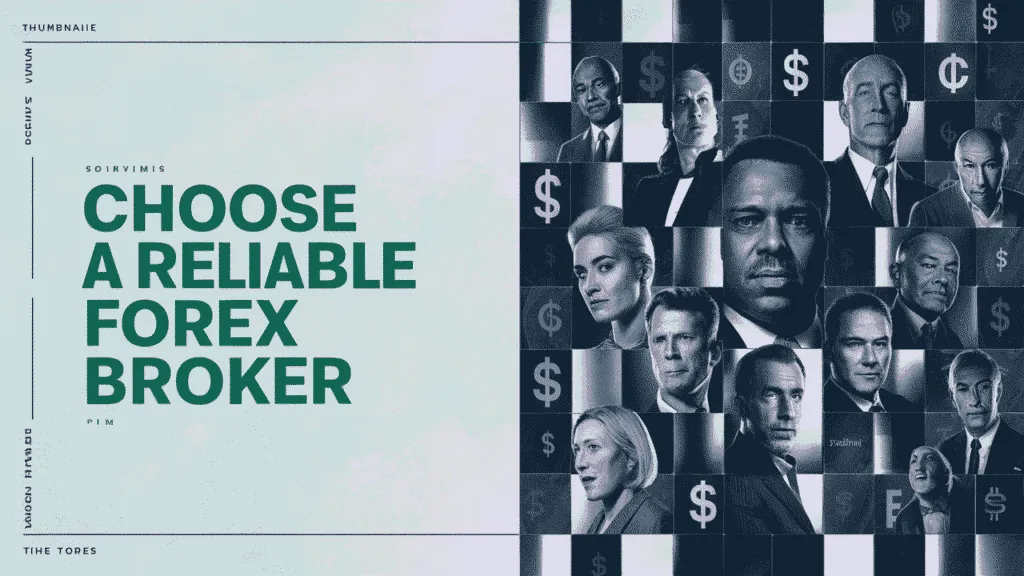
- ● Regulation and Safety
- Make sure the broker is regulated by a trusted financial authority. Regulated brokers follow strict rules to protect your money. If a broker is not licensed, it’s risky to use them. If you ever want to start your own brokerage, remember you’ll also need a proper forex broker license to operate legally.
- ● Trading Platform
- A good broker should offer a user-friendly and stable trading platform, like MetaTrader 4 (MT4), MetaTrader 5 (MT5), or their own custom platform. Try using the demo version first to see if it suits your needs.
- ● Low Fees and Tight Spreads
- Check the broker’s trading costs, including spreads (the difference between buying and selling prices), commissions, and hidden fees. Lower costs help you keep more of your profits.
- ● Deposit and Withdrawal Options
- Choose a broker that offers easy, fast, and secure deposit and withdrawal methods. Look for local payment options, especially if you’re based in India or any other country with specific banking preferences.
- ● Customer Support
- A reliable broker should offer helpful and fast customer support, especially during trading hours. Good support is a must when you face issues or have urgent questions.
- ● Educational Resources
- Top brokers offer training tools, webinars, articles, and tutorials. If you’re new and want to become a Forex trader, learning resources will help you grow faster.
Choosing the right broker is a big step in your Forex trading journey. Take your time to compare a few, check their reviews, and always test them with a demo account first.
Step 3 : Open a Demo Account
Now that you’ve picked a reliable Forex broker, it’s time to open a demo account. This is a risk-free way to practice trading before you use real money. Every beginner who wants to become a Forex trader should start here.
A demo account gives you virtual money to trade with, but in real market conditions. You’ll use the same charts, tools, and prices that real traders use—just without the risk of losing actual money.
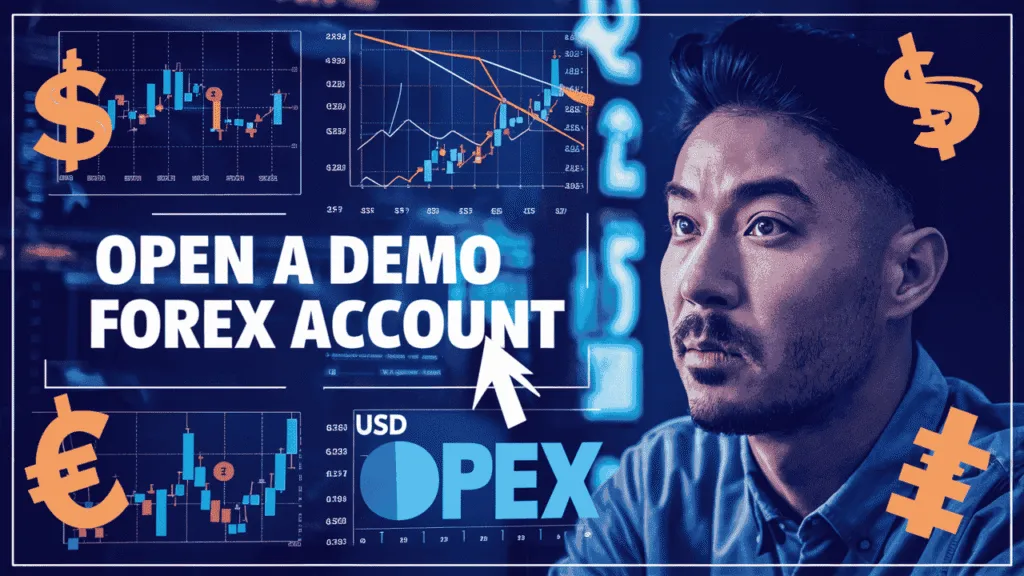
Why a Demo Account is Important:
- Practice Safely: You can learn how to place trades, use leverage, and manage risk without losing real money.
- Understand the Platform: Get comfortable with the trading platform your broker offers.
- Test Strategies: Try different trading styles and see what works best for you.
- Build Confidence: Once you get the hang of trading, you’ll feel more confident when switching to a real account.
What to Do on a Demo Account:
- Start by trading the most popular currency pairs like EUR/USD or USD/JPY.
- Pay attention to how prices move and how your trades perform.
- Practice setting stop-loss and take-profit orders.
- Try to treat your demo trading like it’s real money. This builds discipline.
Even though a demo account is just for practice, it’s a very important step if you truly want to become a Forex trader. Spend enough time learning, experimenting, and getting comfortable before moving on to live trading.
Step 4 : Create a Trading Strategy
To become a Forex trader, you need more than just practice—you need a clear and smart trading strategy. A trading strategy is your personal plan for how, when, and why you enter and exit trades. It helps you stay focused and avoid emotional decisions.
Without a strategy, you’ll likely make random trades and lose money. A good strategy gives you direction and helps you stay consistent.
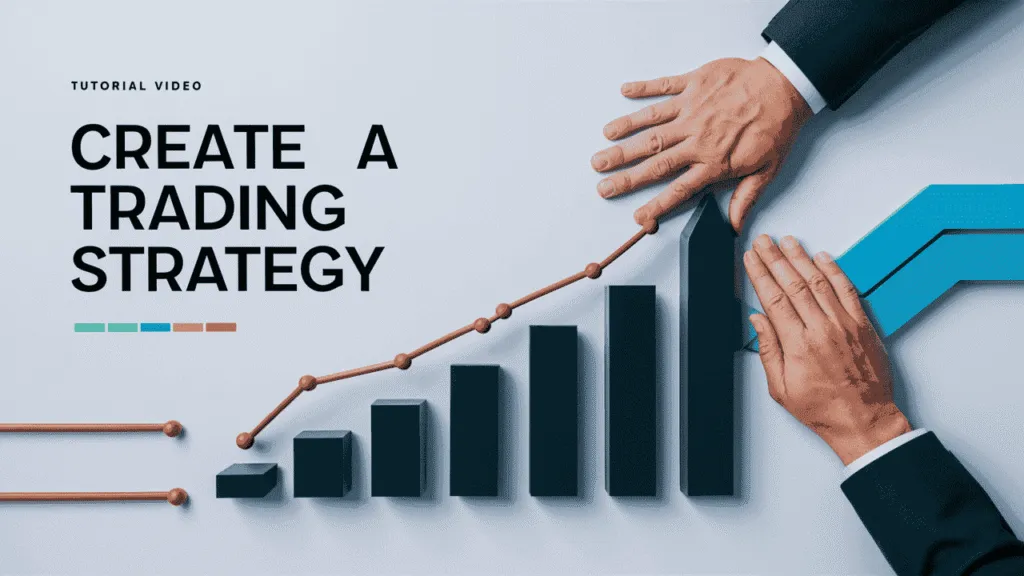
What to Include in Your Trading Strategy:
- Trading Style
- Decide how you want to trade. Are you a:
- Scalper – making quick trades for small profits?
- Day trader – opening and closing trades within a day?
- Swing trader – holding trades for several days?
- Position trader – holding trades for weeks or months?
- Decide how you want to trade. Are you a:
- Entry and Exit Rules
- Define when you will enter a trade and when you’ll exit. Use technical indicators, news events, or price action patterns to decide your moves.
- Risk Management
- Never risk more than you can afford to lose. Use stop-loss orders to limit your losses. A common rule is to risk only 1–2% of your trading account per trade.
- Target Profits
- Set your take-profit levels based on how much you expect the market to move. This helps you lock in profits instead of guessing when to exit.
- Market Conditions
- Your strategy should include how you’ll trade in different market conditions—trending, ranging, or during news events.
Before using it in a real account, try it on your demo account. Adjust it if needed based on what works and what doesn’t. Remember, no strategy works 100% of the time, but it should help you win more than you lose.
Creating a solid trading strategy is one of the most important steps if you want to become a Forex trader. It brings structure to your trading and helps you avoid costly mistakes.
Step 5 : Start Trading with Real Money
Once you’ve practiced enough on a demo account and built a working strategy, it’s time to start trading with real money. This is a big step in your goal to become a Forex trader, so take it carefully.
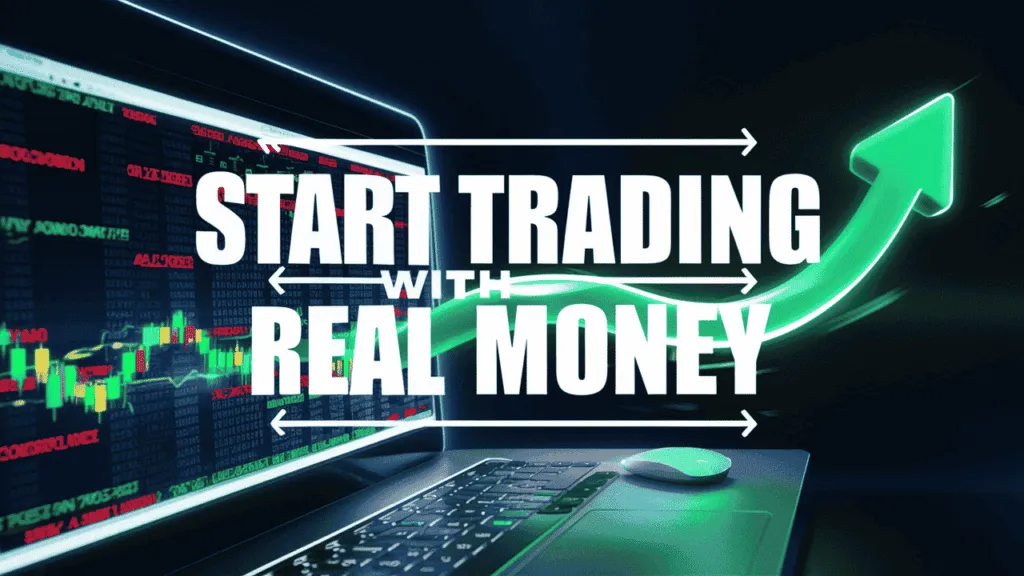
- Start Small
- Begin with a small amount you can afford to lose. This helps you gain real trading experience without too much risk. Many brokers let you start with as little as $10 to $100.
- Stick to Your Strategy
- Don’t let emotions take over. Stick to the trading plan you created. Avoid chasing losses or getting greedy after wins.
- Manage Your Risk
- Always use stop-loss orders to protect your money. Risk only a small percentage (like 1-2%) of your total balance on each trade. This way, you won’t blow your account after a few bad trades.
- Track Your Results
- Keep a trading journal. Note down every trade—why you took it, how it went, and what you learned. This helps you improve and avoid repeating mistakes.
- Don’t Rush
- Real-money trading feels different from demo trading. Emotions like fear and excitement can affect your decisions. Take it slow and stay calm.
Starting with real money is exciting, but it’s also where most beginners make mistakes. If you want to become a successful Forex trader, focus on learning from every trade and improving over time.
Step 6 : Apply for a Forex Broker License (If You Want to Start a Brokerage)
If you don’t just want to trade but also plan to run your own Forex trading company, then getting a forex broker license is a must. This license gives you legal permission to operate as a Forex broker and offer trading services to others.
Without a license, you cannot legally accept clients, handle their money, or offer Forex trading platforms under your business name.
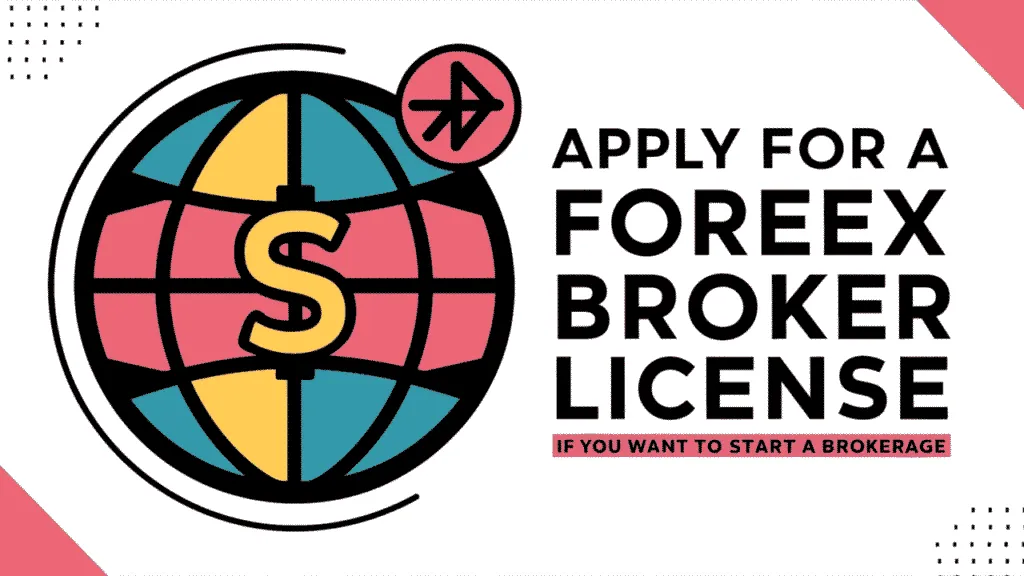
Why You Need a Forex Broker License:
- It proves your business is legal and trustworthy
- It helps you gain trust from clients and partners
- It allows you to access payment processors, banks, and liquidity providers
- It keeps you safe from legal issues and penalties
Getting a forex broker license takes time and money—but it’s the only way to build a serious, legal, and trusted brokerage. If your goal is to become a Forex trader with your own brand or company, then applying for a forex broker license is the final and most important step.
Getting Your Forex Broker License in 2025
If you want to start your own Forex brokerage in 2025, you’ll need to apply for a valid forex broker license. This license is required to run your business legally, gain trust from traders, and connect with global financial partners. Let’s look at what you’ll need and who’s involved in the process.
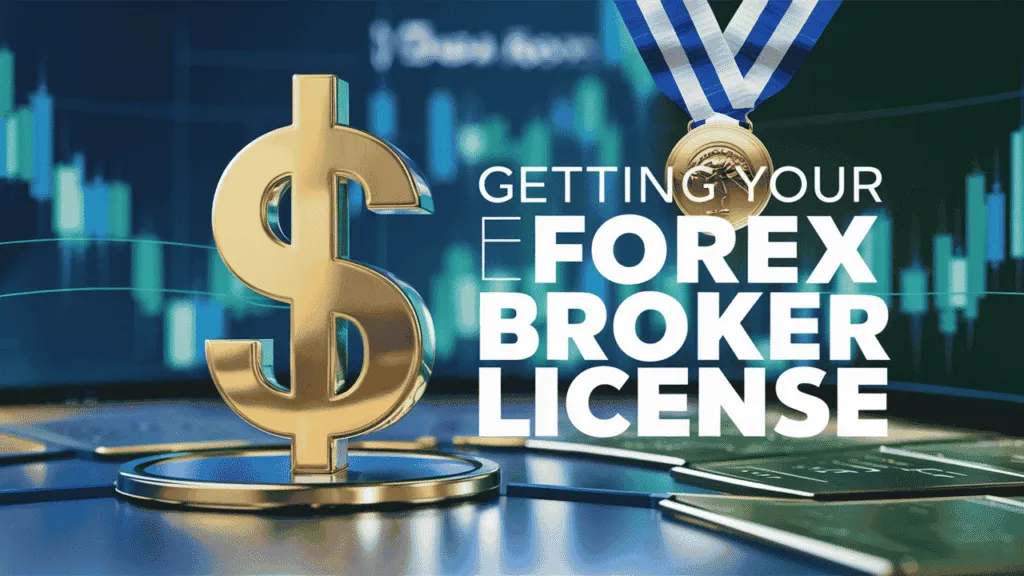
Overview of Licensing Requirements in 2025 :
In 2025, starting a Forex brokerage requires compliance with updated global and regional licensing standards. While each country or region may have specific rules, there are some common requirements most regulatory authorities expect:

- 1. Company Registration
- You must officially register your business in the jurisdiction where you’re applying for the license. This includes choosing a legal structure (such as LLC or PLC) and getting incorporation documents.
- 2. Minimum Capital Requirement
- Every regulatory body sets a minimum capital amount. This proves your financial strength and ability to operate responsibly. Example benchmarks:
- $5,000 – $25,000: Offshore zones (e.g., Seychelles, Belize)
- $100,000+: Strict regulators (e.g., UK’s FCA, Australia’s ASIC, EU)
- The capital must be deposited in a local business bank account and shown during the application.
- Every regulatory body sets a minimum capital amount. This proves your financial strength and ability to operate responsibly. Example benchmarks:
- 3. Physical Office (If Required)
- Many regulatory bodies require your brokerage to have a physical office in the country of registration. This helps ensure local compliance and easier oversight.
- 4. AML & KYC Compliance
- You must create detailed Anti-Money Laundering (AML) and Know Your Customer (KYC) policies. Regulators want proof that you’ll monitor user identities, detect suspicious activity, and follow international compliance norms.
- 5. Experienced Directors and Staff
- In most jurisdictions, at least one director must have financial or trading industry experience. Some countries may also require a compliance officer or risk manager as part of your team.
- 6. Technology & Platform Details
- You’ll need to provide technical documentation about your trading platform (e.g., MT4, MT5, or custom-built), backend systems, client fund management, and data security measures.
- 7. Internal Policies and Procedures
- These include your:
- Risk management plan
- Dispute resolution process
- Client fund segregation procedures
- Refund and withdrawal policies
- These include your:
- 8. Fit & Proper Test
- Regulators often conduct a background check on directors and shareholders. If any person has a criminal record, past bankruptcies, or regulatory penalties, the license may be denied.
Meeting these requirements proves that your brokerage is professional, financially stable, and ready to serve traders globally in a safe and legal manner.
Documents and Information Needed for Application
To apply for a forex broker license in 2025, you’ll need to prepare several important documents. These may vary slightly by jurisdiction but usually include:
- Company registration certificate
- Passport and address proof of directors/shareholders
- Detailed business plan
- Proof of capital/funding
- AML/KYC policy documents
- Resume or experience proof of directors
- Compliance and risk management policies
- Office rental agreement (if required)
It’s always best to hire a consultant or legal advisor to help you prepare everything correctly. Mistakes or missing documents can delay your license approval.
Steps to Get a Forex Broker License (2025 Edition)
Getting a Forex broker license involves a combination of legal, financial, and operational steps. Here’s a step-by-step guide to help you understand the licensing process:
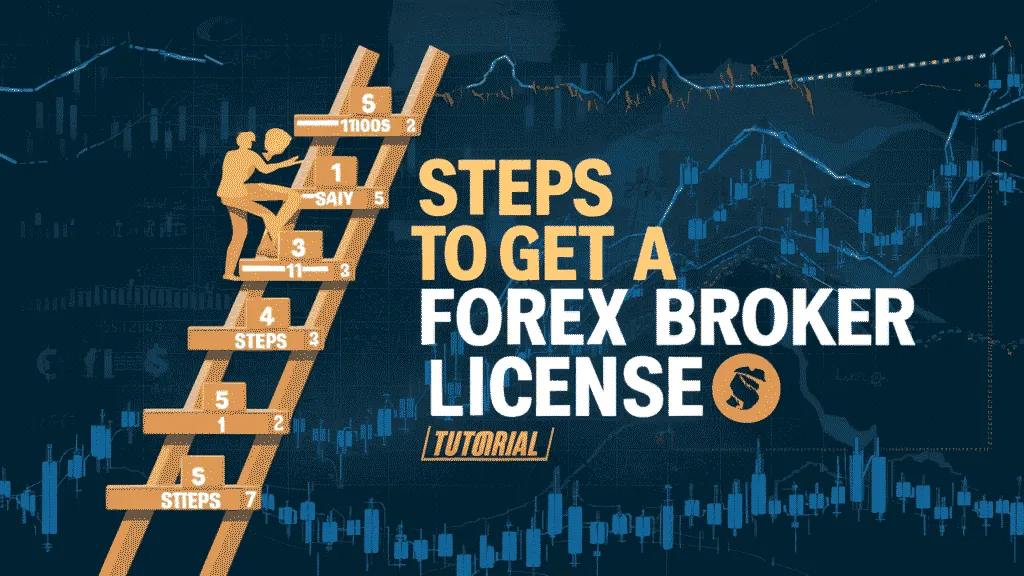
- ✅ Step 1: Choose Your Licensing Jurisdiction
- Start by selecting the most suitable country or region to register your brokerage. Popular jurisdictions include:
- Mauritius – Balanced regulations with lower cost
- Cyprus (CySEC) – EU license, respected but stricter
- Belize or Seychelles – Quick approval but less credibility
- UK (FCA) – High trust, but very expensive and strict
- Your choice will affect the cost, time frame, and credibility of your brokerage.
- Start by selecting the most suitable country or region to register your brokerage. Popular jurisdictions include:
- ✅ Step 2: Register Your Company
- You must incorporate a legal entity in your chosen jurisdiction:
- Choose a company name
- Appoint directors and shareholders
- Open a corporate bank account
- Hire local nominee directors (if required)
- You must incorporate a legal entity in your chosen jurisdiction:
- ✅ Step 3: Prepare Required Documents
- Gather all legal, financial, and compliance documents, including:
- Business plan
- KYC/AML policies
- Proof of capital deposit
- Directors’ IDs and CVs
- Gather all legal, financial, and compliance documents, including:
- ✅ Step 4: Open a Bank Account
- You’ll need to deposit the minimum capital required by your regulator:
- May range from $10,000 to $1,000,000, depending on the country
- Funds must be verifiable and legally sourced
- You’ll need to deposit the minimum capital required by your regulator:
- ✅ Step 5: Submit License Application
- File your application with the regulatory authority. This involves:
- Filling out forms
- Submitting documents
- Paying the application and licensing fees
- Background checks and interviews (in some cases)
- File your application with the regulatory authority. This involves:
- ✅ Step 6: Build Technical Infrastructure
- Before approval, show you’re ready to operate:
- Sign agreement with a trading platform (e.g., MetaTrader 4/5)
- Choose a liquidity provider
- Set up client portals, CRM, and risk management tools
- Establish IT security protocols and backups
- Before approval, show you’re ready to operate:
- ✅ Step 7: Hire Compliance & Operations Team
- Most regulators require:
- A dedicated Compliance Officer
- Experienced Risk Manager
- Support staff (local or remote)
- Some jurisdictions may require in-house employees rather than outsourced staff.
- Most regulators require:
- ✅ Step 8: Regulatory Review & Approval
- The regulator will:
- Review your documentation and business model
- Check for legal or financial red flags
- Possibly conduct interviews or site visits
- Timeframe:
- 3–6 months (fast jurisdictions)
- 6–12 months (strict jurisdictions like FCA or ASIC)
- The regulator will:
- ✅ Step 9: Receive License & Start Operations
- Once approved:
- You’ll be granted a license number and listed on the regulator’s website
- You can legally accept and manage client funds for forex trading
- You must meet ongoing compliance and reporting obligations
- Once approved:
Getting a Forex broker license may seem complex, but with the right jurisdiction, preparation, and expert guidance, you can launch a fully compliant brokerage in 2025. Take each step seriously, stay transparent, and build a business that clients can trust. A licensed broker is not just legally secure—it’s the foundation of a credible and scalable forex business.
💸 Costs Involved in Licensing (2025)
Starting a Forex brokerage isn’t cheap. While costs vary by jurisdiction and business model, here’s a breakdown of what you can expect in 2025.
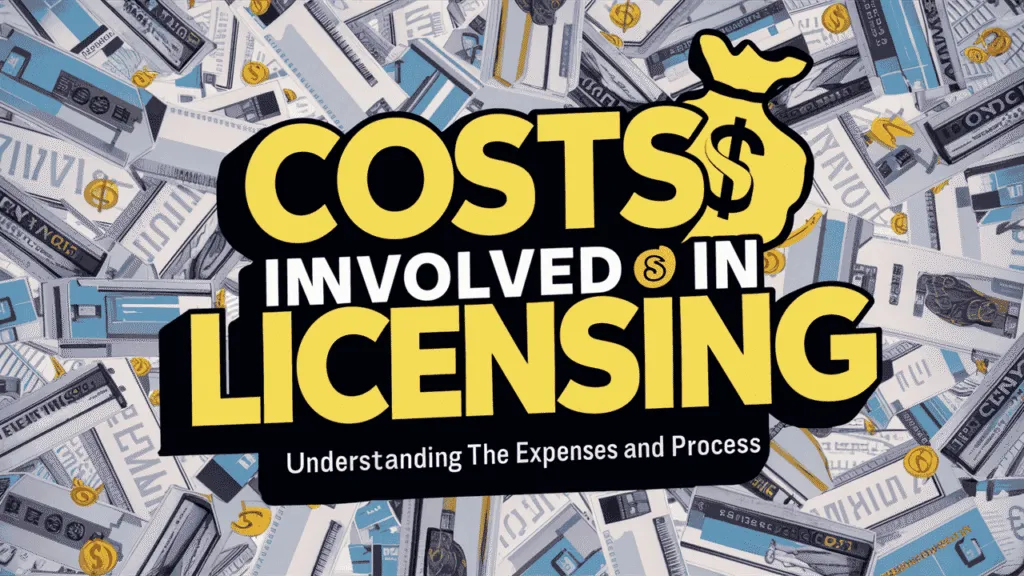
🔹 Licensing Fees and Other Costs
| Expense Category | Estimated Cost (USD) | Notes |
|---|---|---|
| Company Incorporation | $1,000 – $5,000 | Depends on jurisdiction and legal support needed |
| License Application Fee | $2,000 – $25,000+ | Non-refundable fee paid to the regulator |
| Minimum Capital Requirement | $10,000 – $1,000,000+ | Held in a corporate bank account; varies by country |
| Legal & Consulting Fees | $5,000 – $30,000+ | Covers document preparation, legal guidance, and local representation |
| Office Setup (Local/Virtual) | $1,000 – $10,000 | Some countries require a physical presence |
| Compliance Staff (1st Year) | $8,000 – $20,000+ | Compliance officer, AML officer, and admin roles |
| Trading Platform (MT4/MT5) | $5,000 – $50,000+ | Includes setup + monthly fees or white label options |
| CRM & Back Office Tools | $2,000 – $10,000 | To manage clients, KYC, trading, and reporting |
| Liquidity Provider Integration | $1,000 – $10,000+ | Depending on provider and volume |
| Marketing Budget | $3,000 – $15,000+ | Website, SEO, PPC ads, affiliate setup |
| Ongoing Regulator Fees | $2,000 – $10,000+ annually | Renewal, audit, and supervision costs |
⚠️ Note: These figures are estimates. Costs can be much higher for top-tier regulators like FCA (UK), ASIC (Australia), or CySEC (Cyprus).
🔹 Budgeting for Starting Your Forex Brokerage :
Depending on the type of license and region, here’s a basic cost range for different setups:
| Type of Setup | Jurisdiction Examples | Total Estimated Startup Cost |
|---|---|---|
| Low-Cost License | Seychelles, St. Vincent | $15,000 – $30,000 |
| Mid-Tier License | Mauritius, Belize, Labuan | $30,000 – $80,000 |
| Premium EU/UK License | Cyprus, UK, Australia | $100,000 – $500,000+ |
| White Label Forex Brokerage | Any Jurisdiction | $10,000 – $30,000+ (no license) |
✅ Pro Tip: Start with a low-cost license or white-label solution if you’re just testing the market. You can scale up to a top-tier license later as your business grows.
Final Thoughts: Start Smart and Become a Forex Trader
Starting your journey to become a Forex trader in 2025 can be both exciting and rewarding—especially if you’re aiming to run your own brokerage. Getting a Forex broker license is one of the most important steps in building a trustworthy and legally compliant business in the foreign exchange market.
A Forex broker license not only builds your credibility but also opens doors to partnerships, attracts serious clients, and ensures you’re operating within international legal frameworks. From learning the basics of trading to meeting regulatory requirements, each step matters in your goal to become a Forex trader.
If you’re serious about entering the market, take the time to understand what it takes to apply for a Forex broker license, prepare all required documents, and budget wisely for licensing fees and operations. With commitment, knowledge, and proper licensing, you can successfully become a Forex trader and establish a profitable and compliant Forex brokerage in 2025.
Checkout What is Dropshipping: Is it Really a Low-Cost Method to Start Business
Discover more from Owrbit
Subscribe to get the latest posts sent to your email.
